Two scholars examine, from the Jewish and Palestinian perspectives, the historic United Nations vote on the partition of Palestine on Nov. 29, 1947, which ultimately led to the creation of the Jewish State of Israel.
In a famous diary entry after the First Zionist Congress in 1897 in Basel, Switzerland, Theodor Herzl confided: “At Basel, I founded the Jewish State. If I said this out loud today, I would be answered by universal laughter. Perhaps in five years, certainly in 50, everyone will know it.” Indeed, in 1897, to call for a state for the Jews, who last held the reins of sovereignty 1,900 years earlier, was a comical — if not, dangerous — proposition in the eyes of many. Traditionally, observant Jews regarded the incipient Zionist movement as a rogue band of transgressors seeking to replace God by hastening the messianic end. Assimilated Jews in Europe and America, for their part, were unsettled by bold assertions of Jewish nationalism, which they felt undermined their loyalty to their home countries.
And yet, laughable as it may have seemed in 1897, Herzl’s prediction of a Jewish state was realized in 1948. The intervening 51 years were a time of extraordinary tumult, marked by moments of unsurpassed tragedy and great triumph. This period witnessed a profusion of modern variants of an old ideal: the impulse of shivat Zion, the return of the Jews to their ancestral homeland in Zion. A wide range of supporters sought to give new force to this ancient principle, albeit in very different ways. The debate among Zionist factions was cacophonous from the inception. For example, the leading proponent of cultural Zionism, Ahad Ha’am, sat and listened to Herzl’s proclamations at the First Zionist Congress in 1897 like “a mourner at a wedding feast.”
In the midst of this cacophony, Zionism succeeded as a national movement, not by giving free rein to idealistic fantasies, but rather as a result of its pragmatism. This was challenging, as sharp ideological divergences never ceased among its adherents and continue to this day. Moreover, the success of the movement in gaining a foothold in Palestine in the early decades of the 20th century constantly raised expectations along the way — from the early calls for a “national home” to the more audacious demand for a Jewish state.
The task of managing expectations and crystallizing a unified stance fell on David Ben-Gurion, the towering Jewish political figure of the era. No act of political pragmatism required more of his skills than steering the Zionist ship toward acceptance of the recommendation of the United Nations in 1947 to partition Palestine into Jewish and Arab states.
The favorable vote by the U.N. General Assembly to approve the partition plan on Nov. 29, 1947 (33-13-10) was a momentous occasion, greeted with joy throughout the Jewish world. In Palestine, a third of the population of Tel Aviv took to the streets, while in Jerusalem, dancing broke out as crowds listened to Jewish Agency official Golda Meyerson (later Meir) declare: “We labored for this moment, we hoped for it, we sacrificed for this moment, we believed above all, we believed. We had faith that this moment would come. And when it did come, it was so great, it is beyond our powers to express.”
And yet, the joy of the moment concealed deep tensions and concerns. Accepting the U.N. partition plan, which called for the Jewish state to occupy about 55 percent of the land of Palestine, meant surrendering territory that Zionists of various stripes held dear. Already a decade earlier, the arguments for and against partition had been rehearsed by Zionists around the deliberations of the Peel Commission, the British body set up to investigate how to respond to the general strike by Arabs in Palestine in 1936. After hearing testimony from various stakeholders, the Peel Commission recommended in 1937 that the British scale back their mandate over Palestine, which would then be divided into Jewish and Arab states. The British government never implemented the recommendation, in large measure due to unequivocal Arab opposition.
Even the Zionists were divided. At the 20th Zionist Congress in 1937, religious Zionists expressed opposition to partition, stating that “we have no right to surrender the Land of Israel, either a large or small part of it.” The right-wing Revisionist Zionists of Vladimir Jabotinsky, meanwhile, continued to agitate for a Jewish state on both banks of the Jordan River. For these groups, the question of sovereignty — whether there should be a state — and partition were distinct. They favored the former, but not the latter if it entailed territorial compromise.
On the other side of the political spectrum, the leftist Ha-Shomer Ha-Tzair opposed the partition plan because it called for a Jewish rather than bi-national state — and in a diminished territorial space at that. To the chorus of opponents must be added the religious anti-Zionists of the Edah Charedis and radical peace advocates such as Judah L. Magnes, the founding chancellor of the Hebrew University, who opposed the twin goals of a Jewish majority and a Jewish state in Palestine.
If that were not enough, Ben-Gurion himself had his own trepidations. He gave voice on various occasions to Ahad Ha’am’s sentiment from 1897 about feeling like a mourner at a wedding feast. In the wake of the Peel Committee recommendation, Ben-Gurion recognized that partition was a painful compromise, requiring the loss of precious pieces of biblical Israel. At the same time, he firmly believed that as long as the Arabs rejected it, it was tactically wise for the Zionist movement to accept partition.
This view foreshadowed his stance in the summer and fall of 1947, when the United Nations was engaged in intensive discussions over the future of Palestine. With his distinctive mix of force and savvy, Ben-Gurion gathered allies among fellow Zionists to accept the U.N. partition proposal, arguing that the prospect of Jewish sovereignty trumped immediate territorial aggrandizement as a guiding principle. In this sense, the U.N. vote on Nov. 29 marked a triumph of Zionist political pragmatism, which was an essential precondition of the statehood that would follow a half-year later.
By contrast, there were few traces of pragmatism, or of the tactical sophistication of Ben-Gurion, on the Palestinian Arab side. Before rushing to moral judgment on the matter, it might be better to recall that pragmatism bore a much heavier cost for the Arabs. It was far easier for Jews to compromise on the boundaries of a state that had seemed like a distant fantasy 50 years earlier than for Arabs, native to Palestine and constituting a significant demographic majority, to accept a state of their own on only 45 percent of the land of Palestine.
The gap in political pragmatism between Zionist and Arab leaders 68 years ago was indeed striking — and has had dramatic consequences for Israelis and Palestinians ever since. But so, too, is the gap in pragmatism between today’s Israeli leaders and the Zionist leaders of that era, for whom the benefits of sovereignty in the form of a Jewish state clearly outweighed the allure of territorial aggrandizement.
David Myers and Hussein Ibish recently taught a course for the New Israel Fund in Los Angeles on the shared and diverging paths of Zionism and Palestinian Nationalism, as seen from their different points of view.
These essays, and other future teaching engagements, are the outgrowth of that course.
David N. Myers is the Sady and Ludwig Kahn Chair in Jewish History at UCLA.


















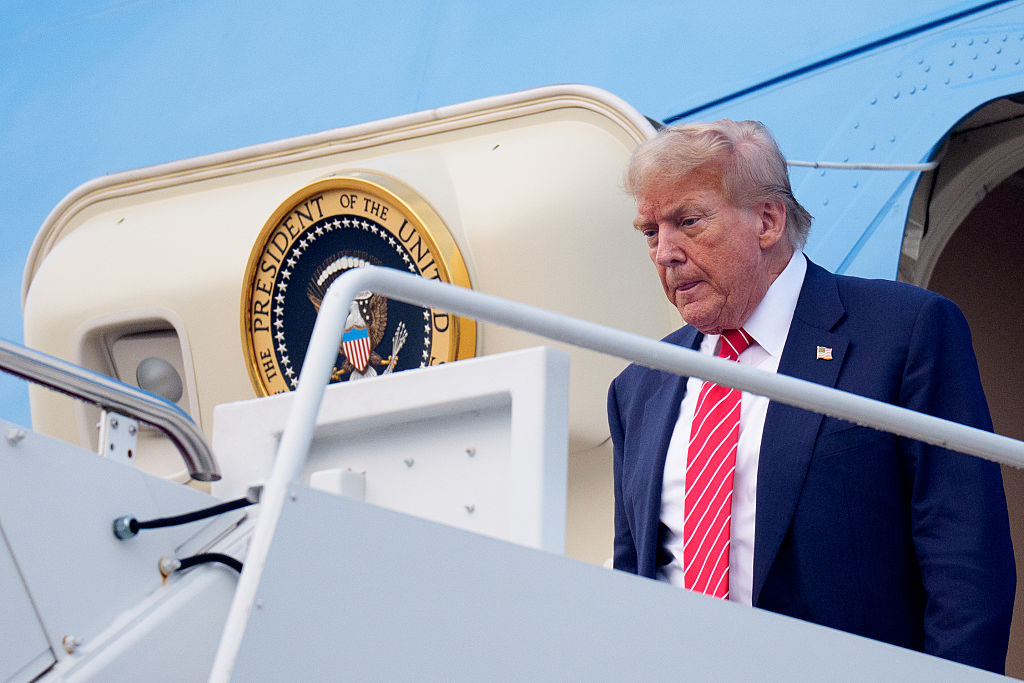


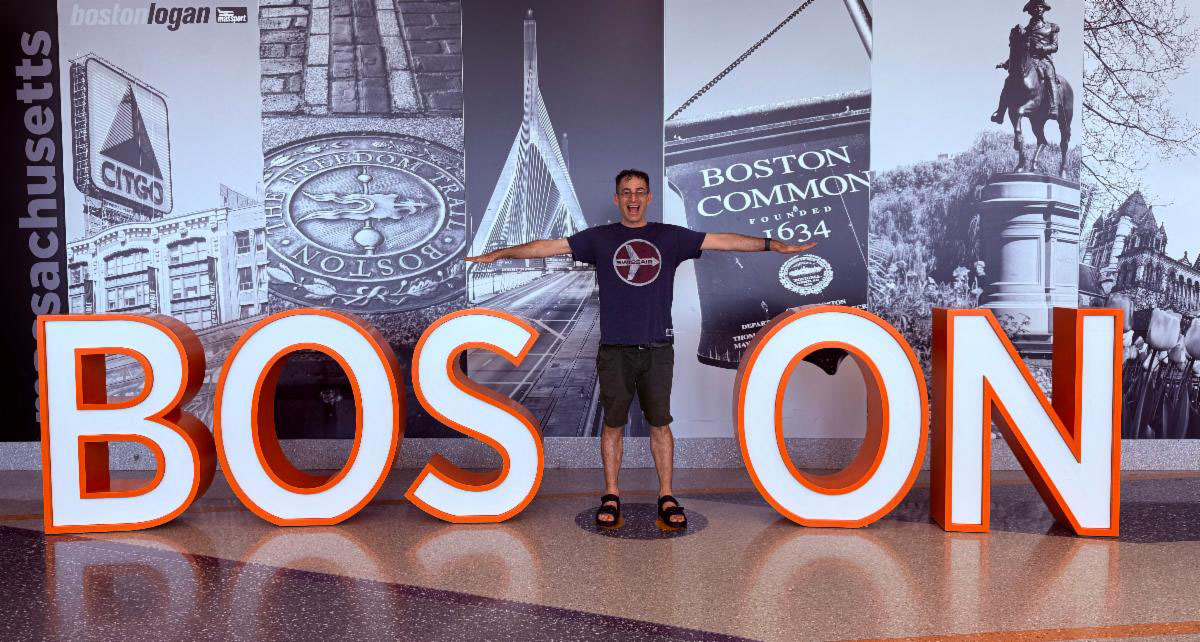
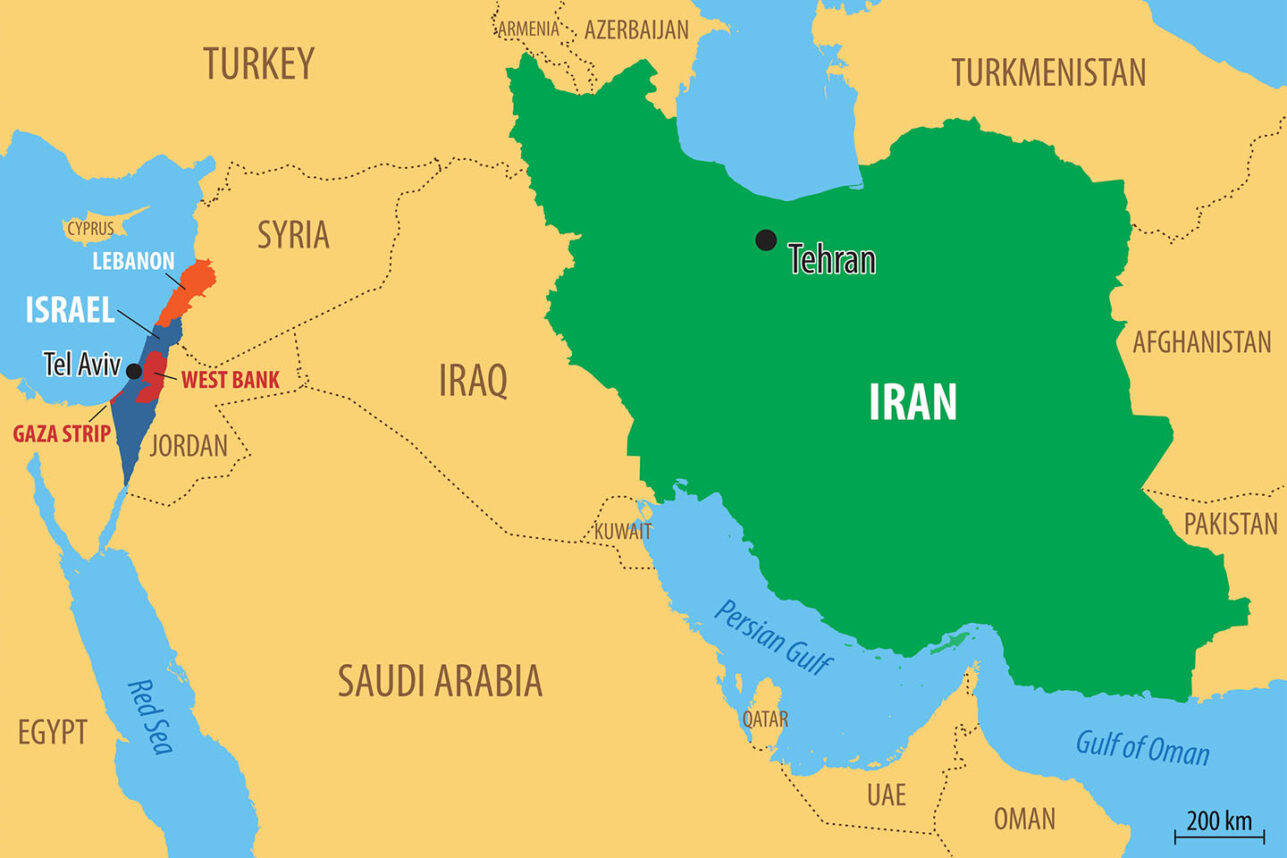
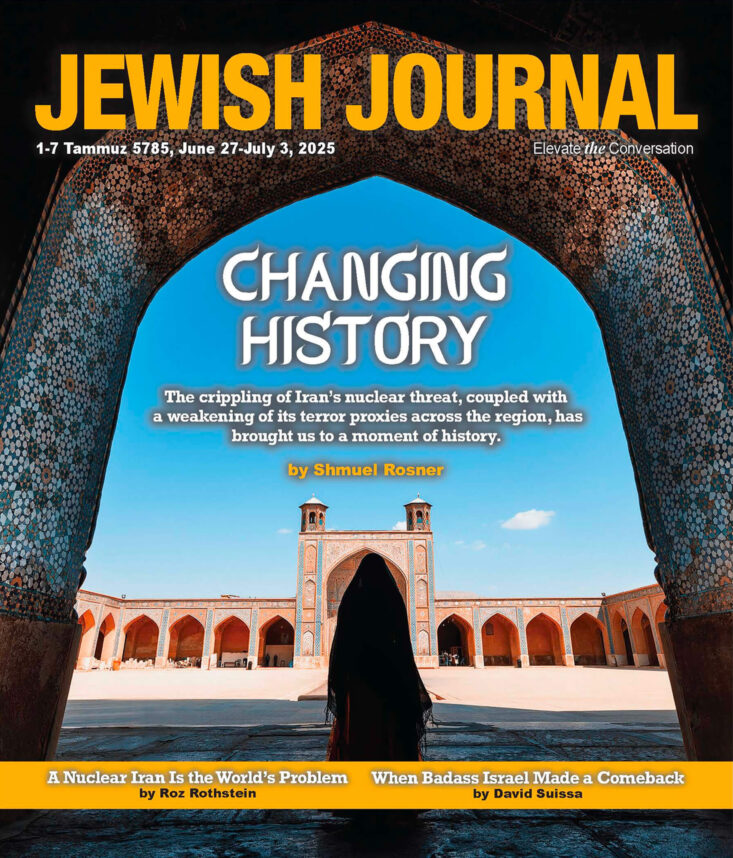
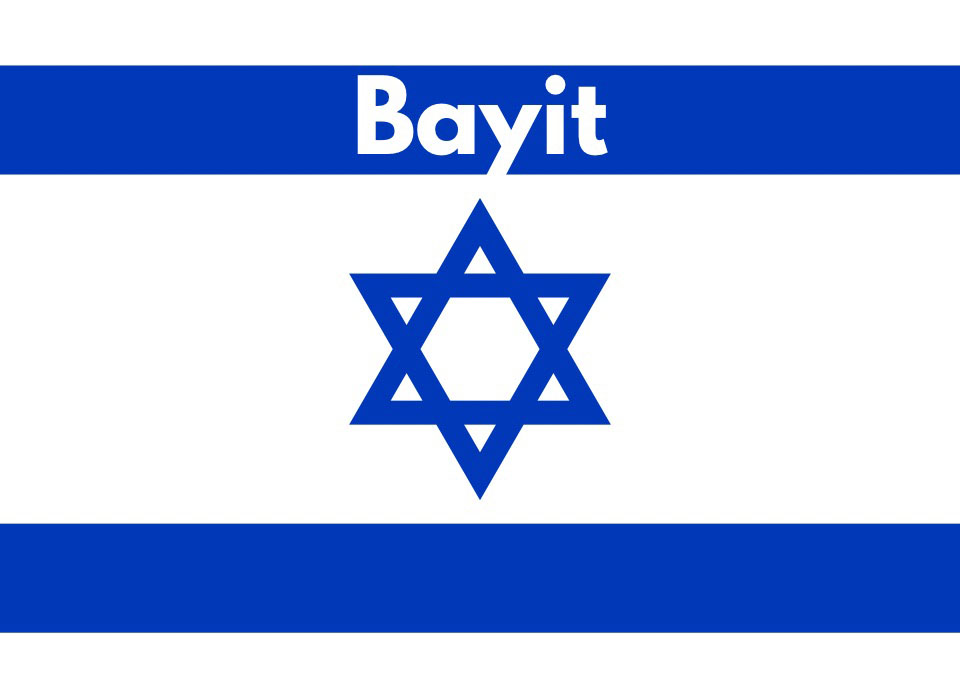
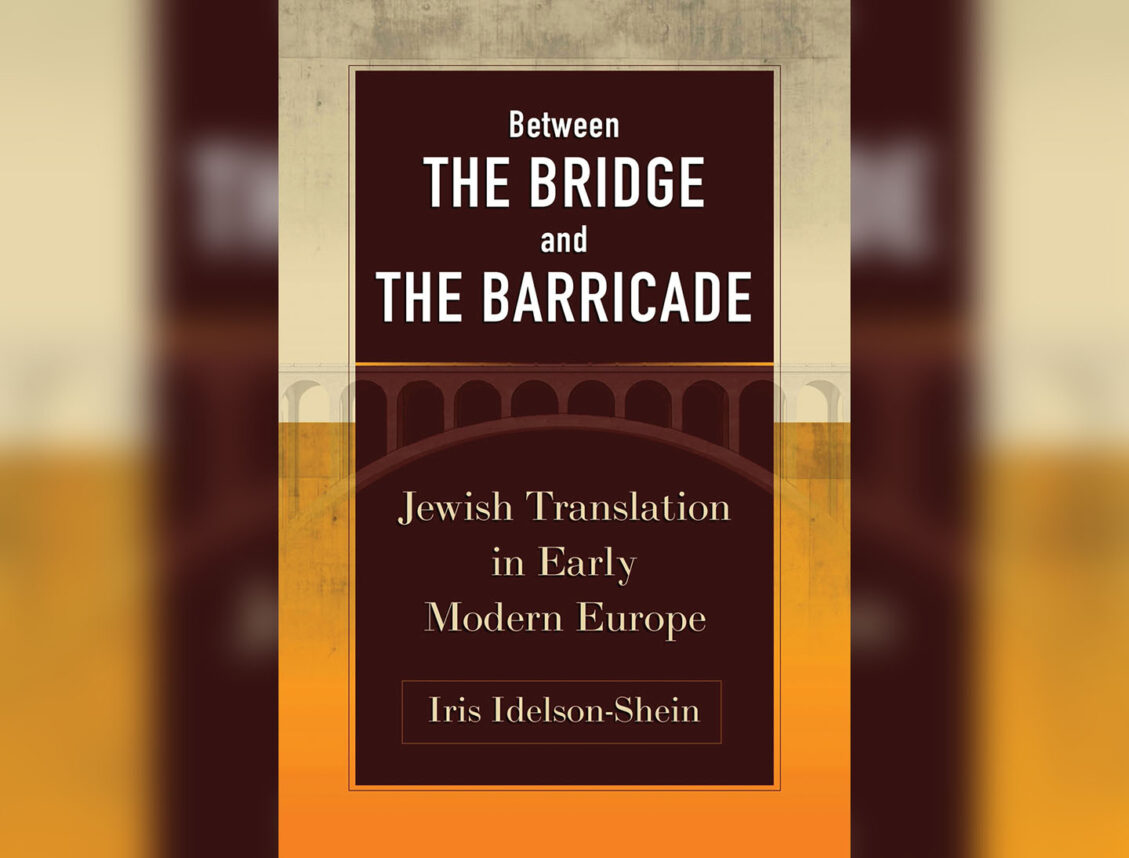


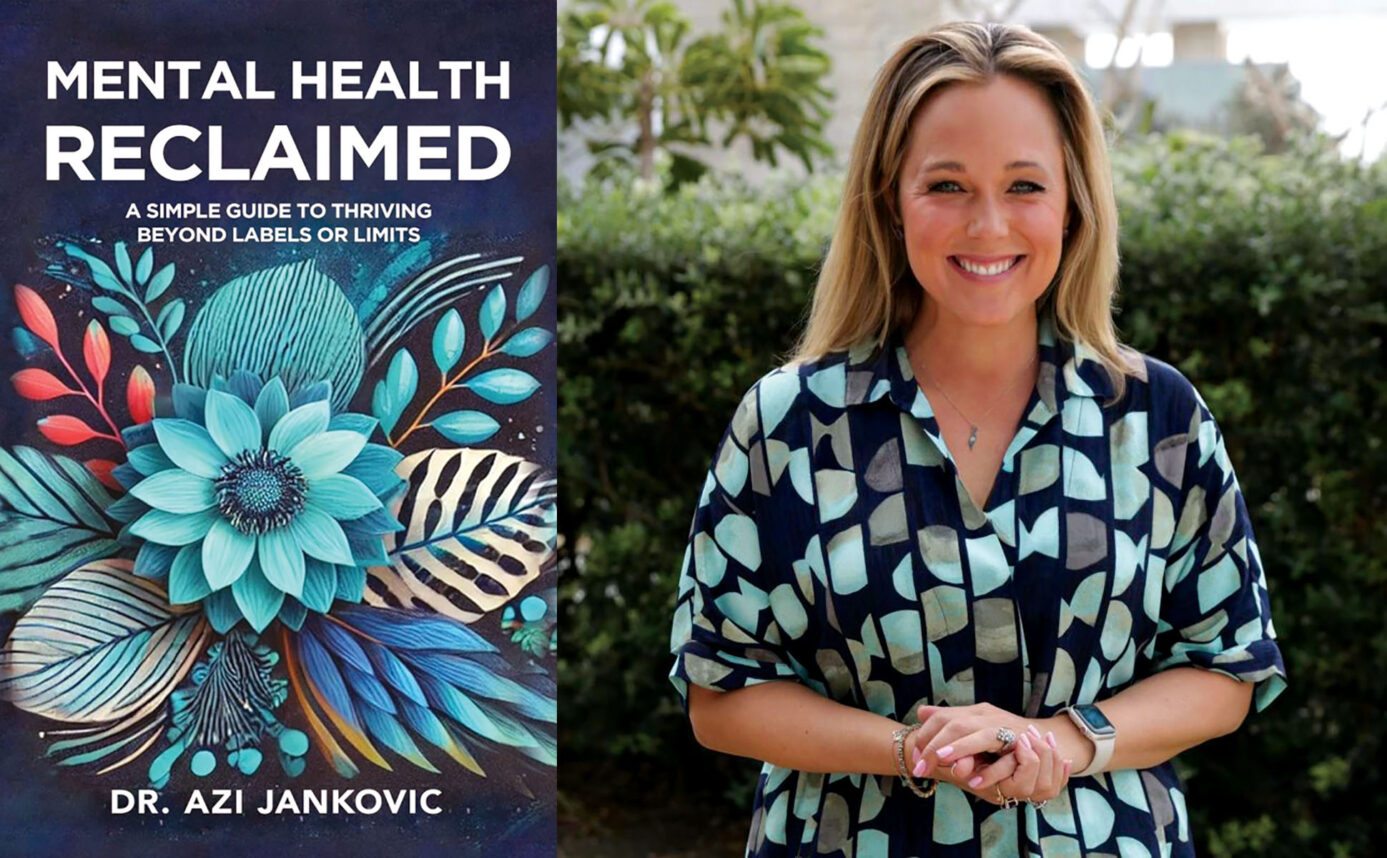
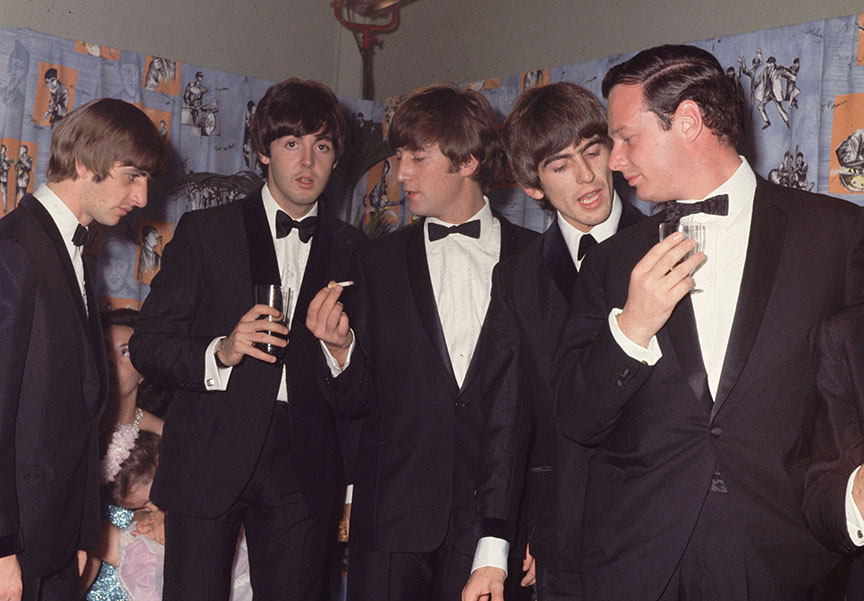



 More news and opinions than at a Shabbat dinner, right in your inbox.
More news and opinions than at a Shabbat dinner, right in your inbox.